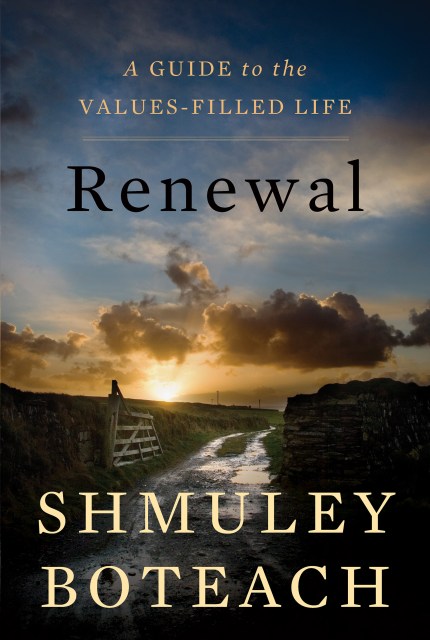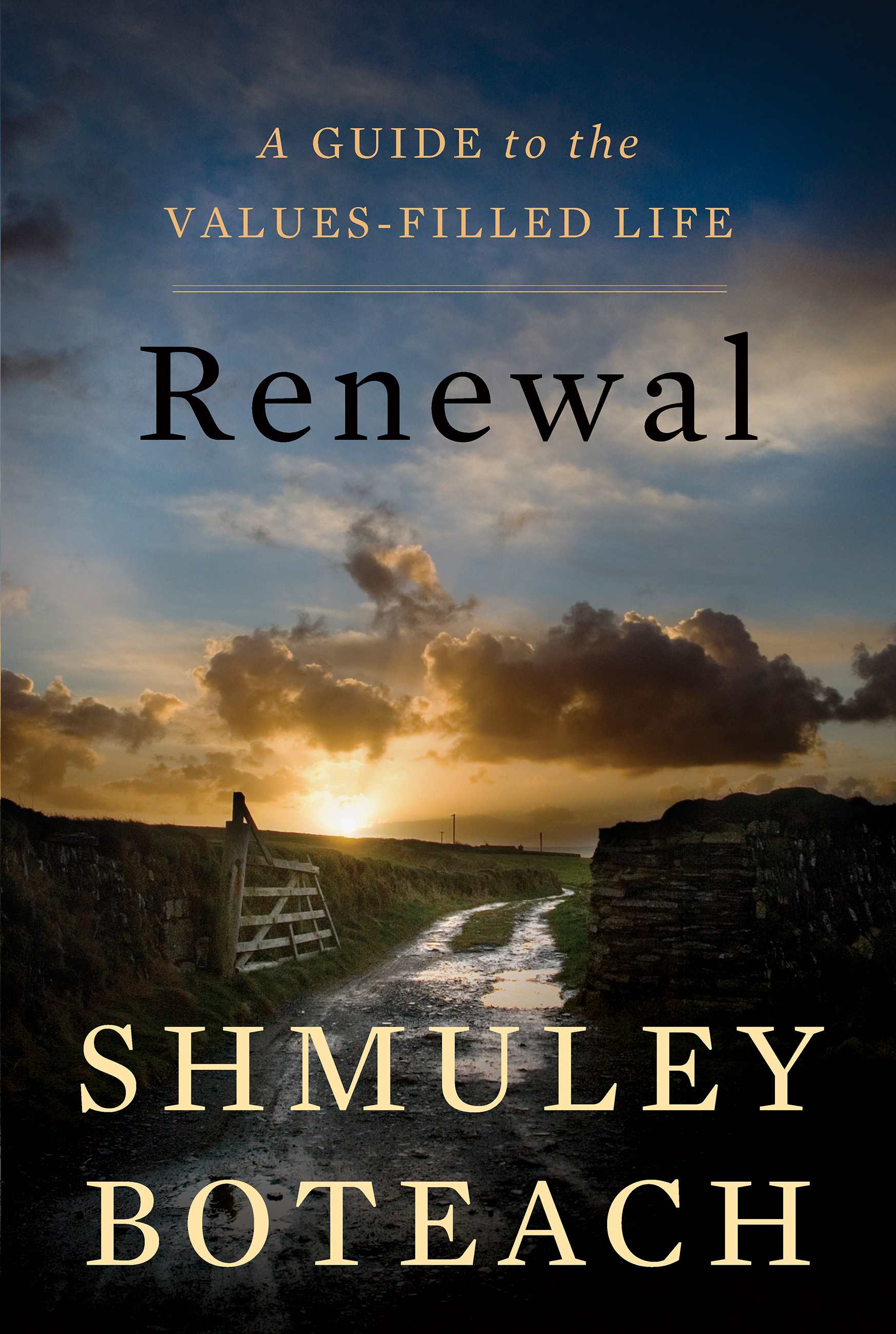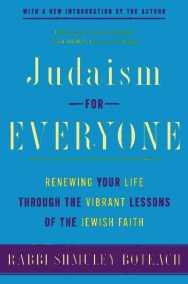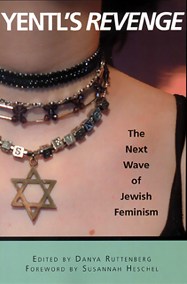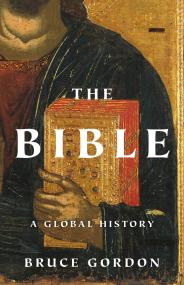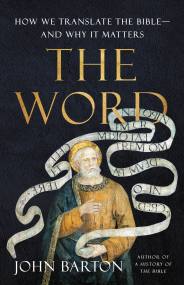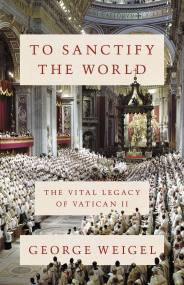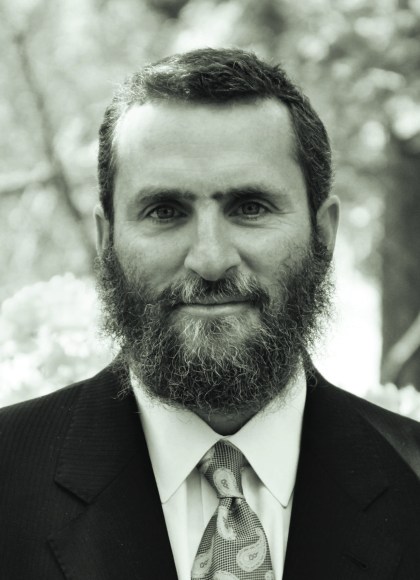By clicking “Accept,” you agree to the use of cookies and similar technologies on your device as set forth in our Cookie Policy and our Privacy Policy. Please note that certain cookies are essential for this website to function properly and do not require user consent to be deployed.
Renewal
A Guide to the Values-Filled Life
Contributors
Formats and Prices
- On Sale
- May 25, 2010
- Page Count
- 240 pages
- Publisher
- Basic Books
- ISBN-13
- 9780465021369
Price
$14.99Price
$19.99 CADFormat
Format:
ebook $14.99 $19.99 CADThis item is a preorder. Your payment method will be charged immediately, and the product is expected to ship on or around May 25, 2010. This date is subject to change due to shipping delays beyond our control.
Buy from Other Retailers:
For too long, conversations about values have been derailed by political movements trying to score points over hot-button issues like gay marriage or abortion. Boteach, one of our wisest and most respected counselors and spiritual experts, reaches deep into our history and into our shared religious legacy to revive the key universal values of Judaism for our struggling world. He presents these age-old ideas as guideposts for the challenges of modern times. These values, whose roots are in the Bible and thousands of years of Jewish spiritual living, can be applied to anyone in the modern world — from Christians and Muslims to atheists and agnostics — who want to renew their existence and recommit themselves to the most precious things in life.
Renewal shows everyone how to use the timeless values of the Hebrew Bible and Judaism to live a more fulfilling, modern life.
Destiny
Unlike the Greeks, who believed that life was scripted from birth, the Jews believe in destiny. In short, they reject the idea of tragic fates and instead champion the individuals”; capacity to create their own destiny through individual choice.
Redemption
Christians and Muslims emphasize salvation, or the need for man to become spiritual — to refine his character and earn a place in heaven. But Jews believe in world redemption, the capacity for the individuals to make heaven here on earth for, the betterment of the community.
Action
What you do is more important than what you believe. Good deeds always supersede good dogma.
Enlightenment
Jews are an infinitely curious people and believe that the great bane of existence — boredom — can only be cured by knowledge.
Marriage
Marriage refers not just to the institution, but rather the softening of the masculine by exposure to the feminine. A culture that does not know how to respect women is bound to collapse.
Struggle
It is wrestling with our nature, rather than attaining perfection, that constitutes true righteousness. Everyone is somehow flawed, but righteousness is found in the struggle to do right amid a predilection to act selfishly.
Sacred Time
Whereas other religions sanctify space, Jewish values privilege special moments. The Sabbath day, the holiest day of the week, provides a time for connecting with family and friends.
Genre:
Newsletter Signup
By clicking ‘Sign Up,’ I acknowledge that I have read and agree to Hachette Book Group’s Privacy Policy and Terms of Use
